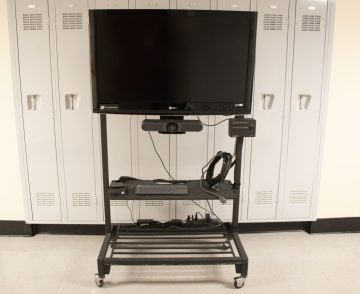MEGAN RYLAND, MA, Educational Studies
Learning Digital Citizenship in Publics of Practice: How Adults Learn to use Activist Hashtags on Twitter
Supervisor(s): Dr. Deirdre Kelly, Supervisor (Educational Studies); Dr. Theresa Rogers (Language and Literacy Education); Dr. Catherine Corrigall-Brown (Sociology)
Wednesday, August 8, 2018 | 2:30 pm | Room 2012, Ponderosa Commons, 6445 University Boulevard, V6T 1Z2
Abstract
Today, vital aspects of private life and public discourse are happening online, and media and digital literacy skills (MDL) are necessary to engage in this sphere. This qualitative study examines how adults can learn the MDL skills necessary to advocate for social change on Twitter using activist hashtags, like #BlackLivesMatter and #MeToo, and engage as democratic digital citizens. To do this, nine Twitter users with varying levels of activity provided their Twitter archives and took part in semi-structured, in-depth interviews. These data were evaluated using content analysis to explore how participants learned to use activist hashtags on Twitter.
Using the lens of critical pedagogy and a theory of learning through experience (Dewey, 2004) as the foundation, participants’ learning journeys were coded, analyzed, and compared to concepts from the literature. These concepts include public pedagogy (Giroux, 2000), which applies to sites of learning beyond formal education, and communities of practice, which addresses how communities teach their members (Lave & Wenger, 1991). In addition, the concepts of publics and counterpublics are employed to make sense of how hashtags function (Bruns & Burgess, 2015; Fraser, 1990; Warner, 2002). Finally, the concept of digital citizenship is applied to the practices under examination to demonstrate how MDL alone fails to capture the critical, political aspects of activist hashtags.
Study participants learned to use hashtags to advocate for social change on Twitter by combining multiple strategies, based on individual goals, opportunities, and obstacles. In total, participants described 18 strategies, which could be grouped into the four main approaches of: applying prior knowledge; exploration; models and examples; and directly accessing expertise. The three most common strategies were learning through exposure over time (i.e., experience), observation and copying, and trial and error. Activist hashtags are able to function not just as sites of public pedagogy or communities of practice, but as “publics of practice” where participants used the public discursive space to learn and practice relevant digital citizenship skills. Although this study is focused on a narrow set of behaviours and participants, it provides insight into how people might be learning to use new digital tools.
Read more
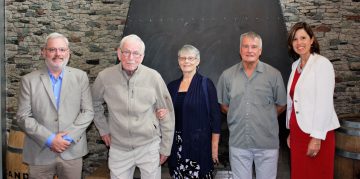
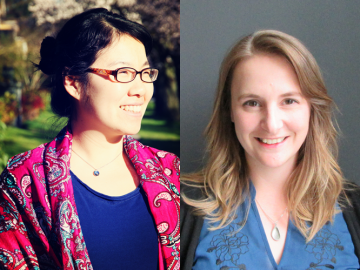

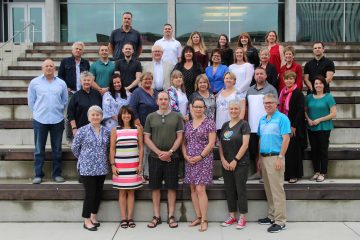
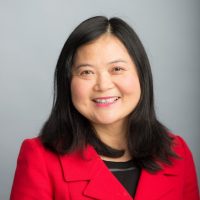 Congratulations to Dr. Guofang Li and her co-principal investigators for the 200,000 yuan ($40,000) grant they have received from the National Social Science Fund of China to study Xinjiang low-SES Uyghur kindergarten children’ early literacy development. The National Social Science Fund is China’s equivalent to SSHRC.
Congratulations to Dr. Guofang Li and her co-principal investigators for the 200,000 yuan ($40,000) grant they have received from the National Social Science Fund of China to study Xinjiang low-SES Uyghur kindergarten children’ early literacy development. The National Social Science Fund is China’s equivalent to SSHRC.
